- Public IP addresses are unique numbers given by internet providers to devices so they can connect online and exchange data worldwide.
- They are used for things like running websites, allowing remote access, and supporting IoT. Addresses can be dynamic or static, depending on the need.
The internet is the most important topic that has surrounded us from many angles in this increasingly digital world and the context of computer networks. The internet is connected to a number of our everyday electronic devices, including computers, tablets, smartwatches, and smartphones.
For any of these devices to interact with the wide variety of devices across the world, they each must have a unique network identity. So this identifier, which is assigned to each device, is known as an internet protocol, or what we call an IP address.
IP addresses are divided into two sub-parts known as private IP address and public IP address. A private IP address is a static IP address that cannot be changed. This article covers in detail the second part which is the public IP address.

What is a public IP address?
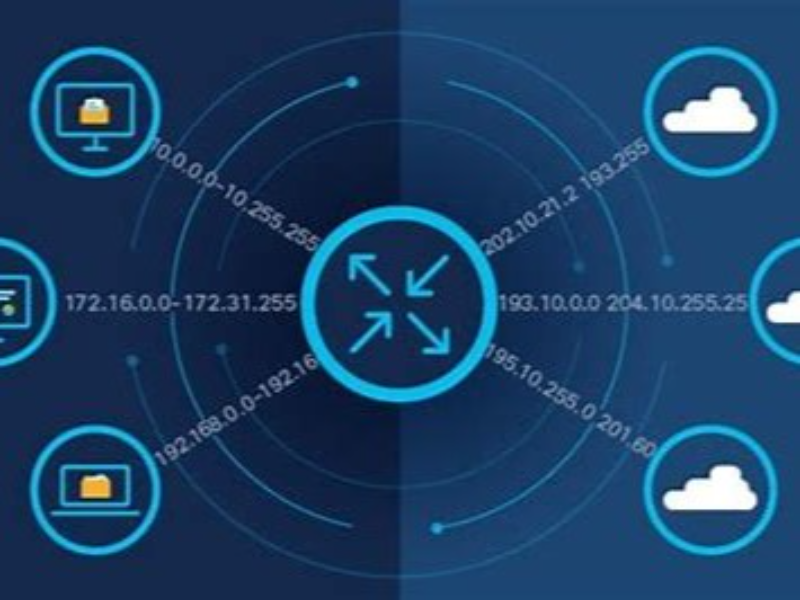
An IP address is a number given to every device or network that connects to the internet. Dr. Leonard Kleinrock, one of the pioneers of packet-switching, described it as “a structured numerical label that allows computers and devices to identify themselves and exchange information on a global scale.” In practice, it works like a virtual address, making communication possible between machines across the internet.
Public IP addresses are visible on the internet itself. Paul Mockapetris, who created the Domain Name System (DNS), called them “essential digital identifiers that enable direct communication between devices and the internet, forming the basis of web hosting and data exchange.”
Also read: How did the internet start?
Also read: Interview with Lu Heng: The man who wants to decentralise IP addresses and save the internet
Key features of public IP addresses

Internet accessibility
Public IPs let devices send and receive information across the internet. Vinton Cerf, often called one of the “fathers of the internet,” once said, “The ability to address devices uniquely is the backbone of our internet’s open connectivity and its global success.” His remark shows how public IPs support the internet’s global reach.
Without these addresses, devices in different places would have trouble connecting. Networks could split, and online communication would slow down or become unreliable.
Website hosting
Public IPs are needed to host websites and apps that must be available worldwide. This highlights why public IPs are vital. They make sure services like online shops or cloud platforms can be accessed from anywhere. Without them, such services would face serious limits.
Dynamic and Static Assignments
Public IPs can be temporary (dynamic) or permanent (static). Dr. Radia Perlman, creator of the Spanning Tree Protocol, said, “Dynamic IP allocation optimizes resource use, but static IPs are crucial for stability in business applications requiring consistent connectivity.” Her view shows the contrast.
A website’s visibility hinges on its ability to connect users globally, and public IP addresses form the cornerstone of this reach.
Tim Berners-Lee, the inventor of the World Wide Web
How public IP addresses work

Public IP addresses
Every device on that network then uses this same address when communicating online. For example, if you visit a website, your request goes out carrying your public IP. The server replies to that address and sends the data back. Kevin Mitnick, a well-known cybersecurity expert, once explained, “Your public IP is essentially your home address on the internet.”
Static public IPs
Some organisations need static public IPs for constant, reliable access. These are important for servers, websites, and apps that cannot run with changing addresses. Dr. Henning Schulzrinne, co-developer of the RTP protocol, put it clearly: “For applications requiring reliability, such as VoIP or hosting services, static public IPs provide a stable and consistent identity essential for uninterrupted operation.”
Your public IP is essentially your home address on the internet. It’s how other computers or services know where to send the information you’ve requested.
Kevin Mitnick, a renowned cybersecurity expert
Public vs. Private IP addresses

Private IP addresses are used within local networks, such as homes or offices, to identify devices without being directly accessible over the internet. For example, your smartphone, laptop, and smart TV might all have private IPs within your home network, but they share a single public IP for external communication.
Key differences
| Feature | Public IP address | Private IP address |
|---|---|---|
| Scope | Global | Local network |
| Accessibility | Accessible over the internet | Limited to local networks |
| Assignment | Provided by ISP | Assigned by local network router |
| Examples | 203.0.113.1 | 192.168.0.1 |
Types of public IP addresses
Public IP addresses are classified into two main categories: dynamic and static. Each type serves different purposes and has distinct advantages and disadvantages.
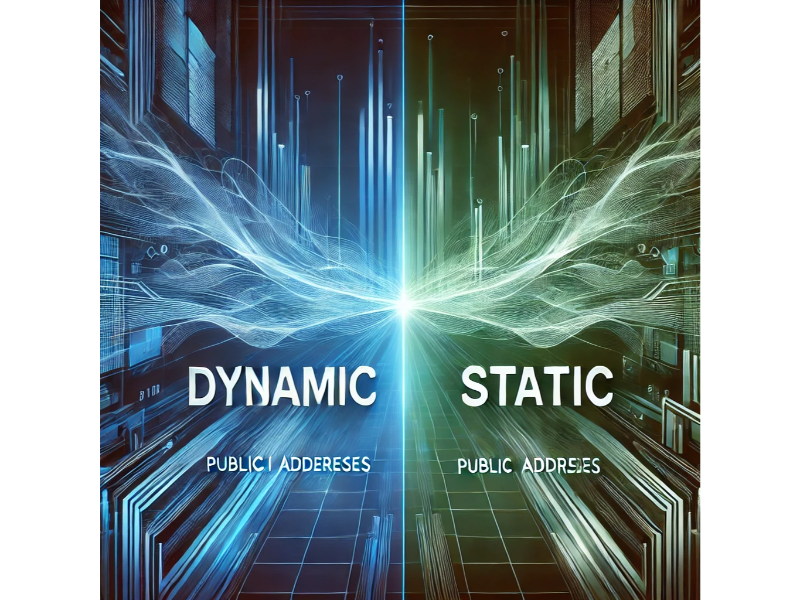
Dynamic public IP addresses
Advantages:
- Efficient use of IP pools.
- Lower risk of being targeted by hackers, as the IP frequently changes.
Disadvantages:
- Interruptions for services requiring consistent IPs.
- May complicate remote access configurations.
Dynamic IPs offer a layer of unpredictability, which can be beneficial for everyday users to reduce direct cyber threats, but they fall short when consistency is required.
Kevin Mitnick, a renowned cybersecurity expert
Static public IP addresses
Advantages:
- Reliable for hosting and remote access.
- Easier to configure services like VPNs.
Disadvantages:
- Higher cost.
- Greater exposure to cyber threats due to static nature.
Static IPs are necessary for workplace VPNs and VoIP services, which provide communication dependability in remote work settings.
Henning Schulzrinne, co-developer of VoIP protocols
How to find your public IP address
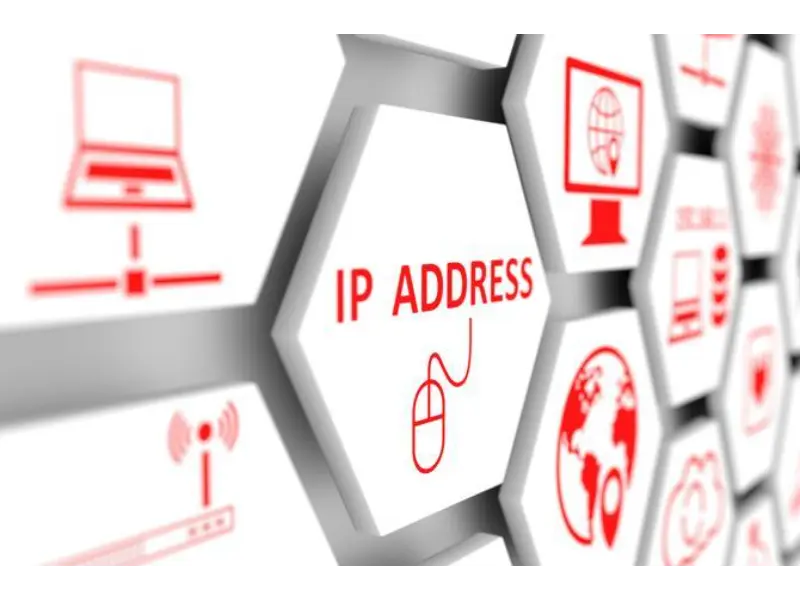
Finding your public IP address is simple:
Search engines: Just type “What is my IP?” in Google or any search engine, and your public IP will show at the top.
Router settings: Log into your router’s admin page and you’ll find the public IP along with other details.
Command prompt or terminal: On Windows, open Command Prompt and type ipconfig. On macOS or Linux, run curl ifconfig.me in Terminal.
Uses of public IP addresses
Hosting websites:
Public IPs make it possible to host sites and apps that people everywhere can reach. They act as the ID for servers, letting browsers know where to connect.
Also read: Which organisation is responsible for allocating public IP addresses?
Security concerns with public IP addresses
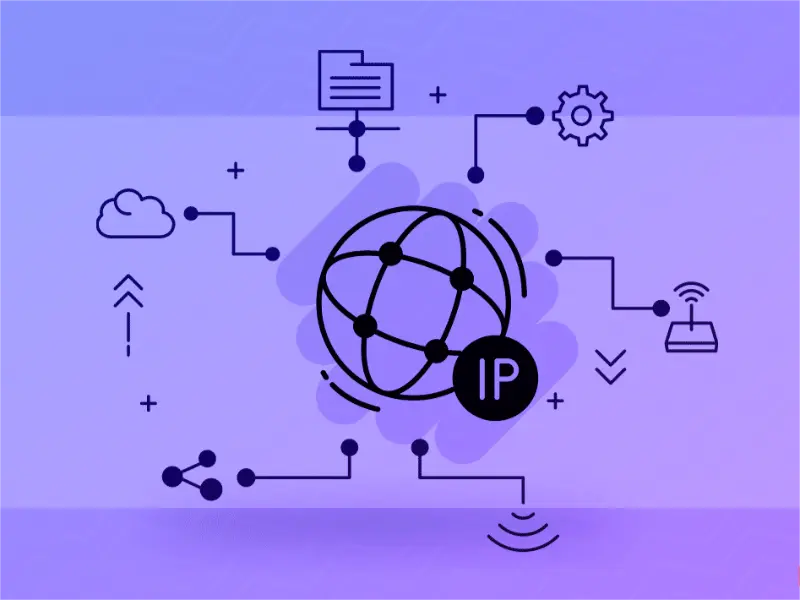
Public IP addresses make it possible to connect, but they also put devices at risk.
Common threats:
- Hacking: Because attackers may regularly target static IPs, they are more susceptible.
- DDoS attacks: Cybercriminals may cause service disruptions by flooding a public IP with traffic.
- Data snooping: Online activity can be monitored by using public IP addresses.
How to protect your public IP:
- Employ firewalls: Put network firewalls into place to keep an eye on and manage traffic.
- VPNs (Virtual Private Networks): Can help you stay anonymous by hiding your public IP address.
- Regular updates: Update routers and devices to avoid vulnerabilities.
IPv4 vs. IPv6 public IP addresses
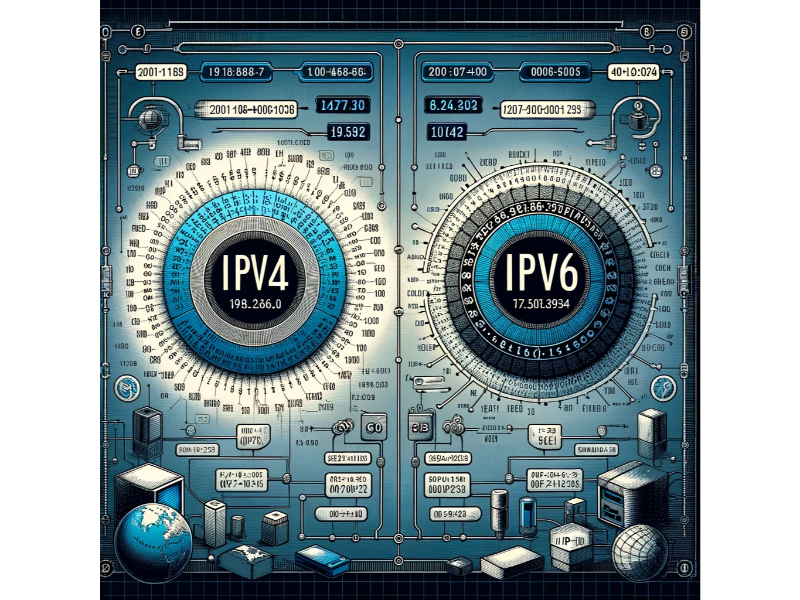
The internet primarily uses two IP address formats: IPv4 and IPv6.
IPv4
IPv4 addresses are 32-bit numbers, offering approximately 4.3 billion unique addresses.
Example: 203.0.113.1
IPv6
IPv6 was introduced to address IPv4 limitations. It uses a 128-bit format, providing an almost infinite number of addresses. IPv6 also offers improved security and efficiency.
Example: 2001:0db8:85a3:0000:0000:8a2e:0370:7334
Future of public IP addresses

Public IP addresses are the numbers that identify devices on the internet. Without them, your phone, laptop or server would not know how to reach others online. They make simple things like checking email work, but also support bigger systems such as cloud apps, online games and connected devices.
The old IPv4 system has almost no addresses left. IPv6 was created to solve this. It offers many more addresses and also adds better security. This upgrade makes it possible for the internet to keep growing as more devices come online.
Public IPs will still be at the core of internet communication. IPv6 will take over as the standard and keep the network open for billions of new connections. But with more devices online, managing addresses and keeping networks secure will matter even more to avoid overload and attacks.

